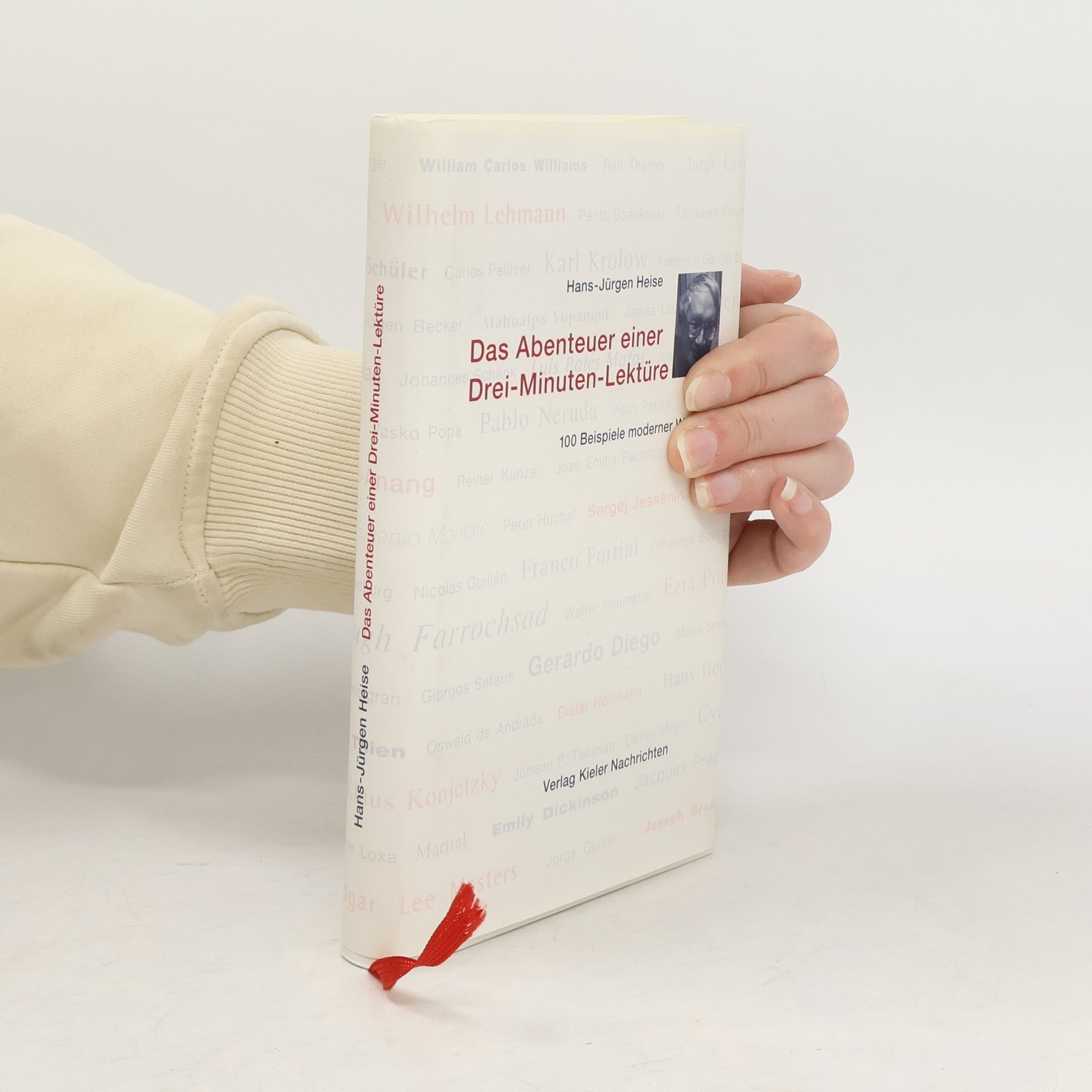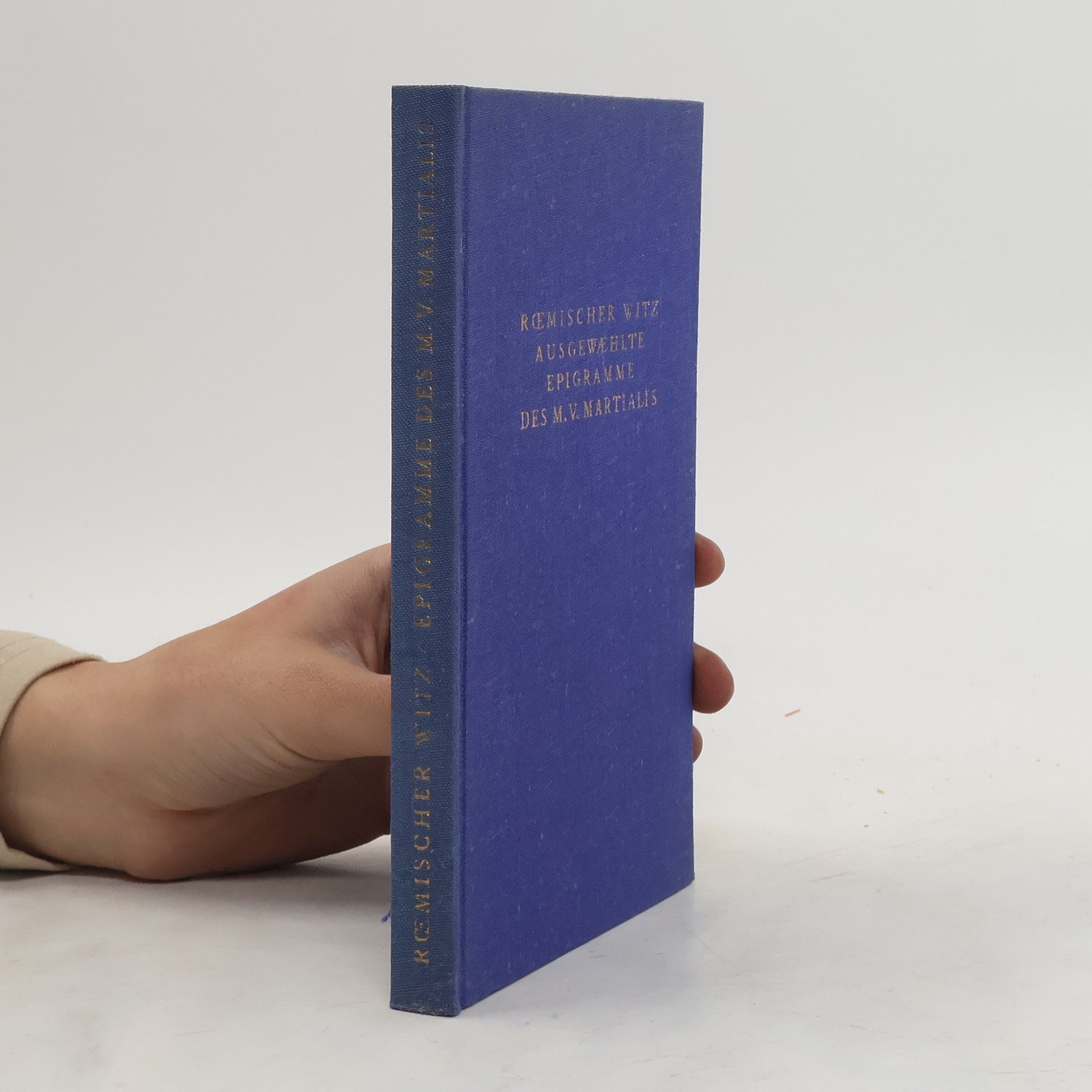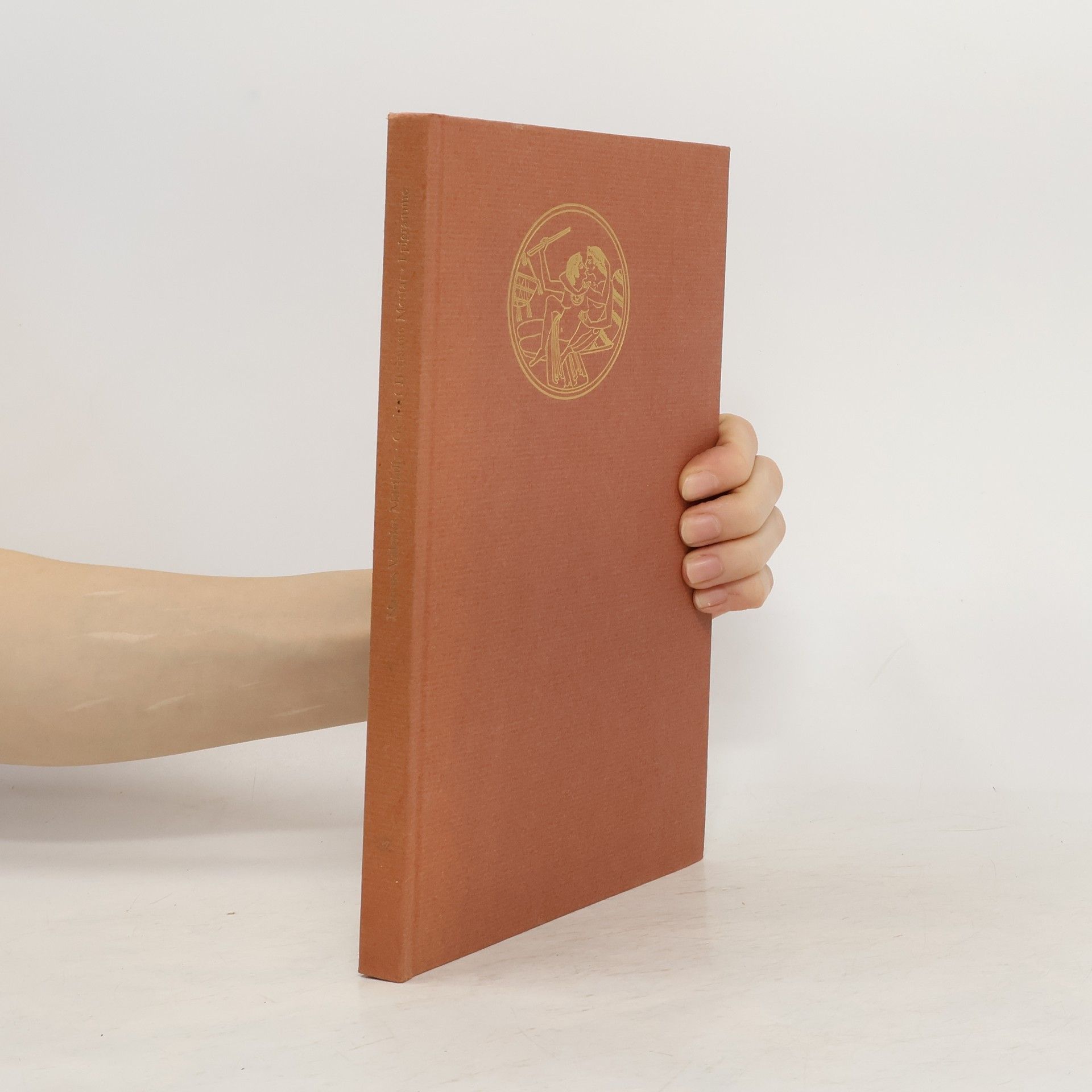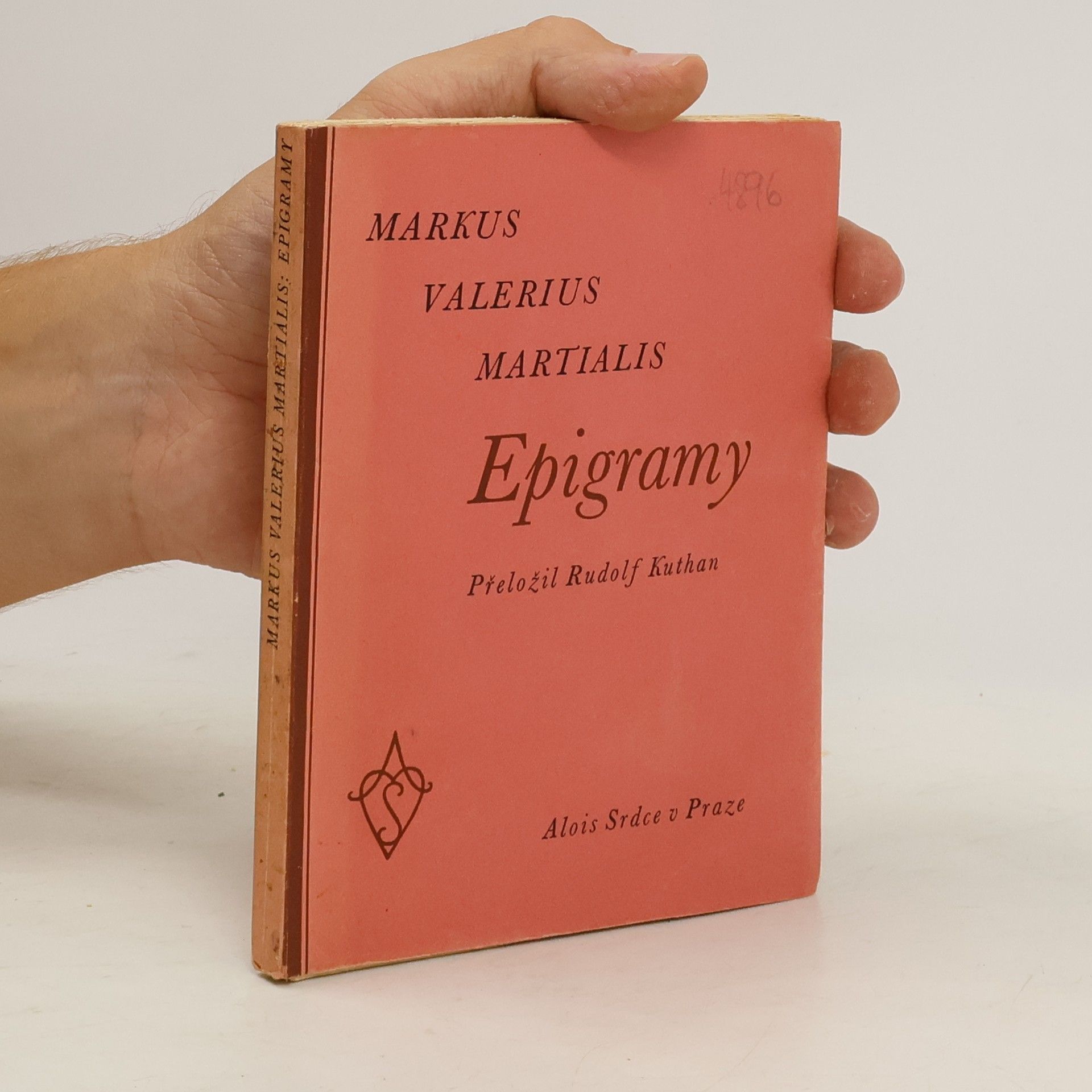Epigramme
- 770 Seiten
- 27 Lesestunden
M. Valerius Martialis (ca. 38/41 - 102/103 n. Chr.) gilt als erster Epigrammatiker der Weltliteratur. Als einziger römischer Dichter, der ausschließlich Epigrammme schrieb, hat er diesem Genre seine geistreichste Form verliehen. Der Kommentar zu ausgewählten Epigrammen Martials erschließt einen vertieften Zugang zu diesem Autor. Er behandelt sprachliche, stilistische und kompositorische Fragen und bietet auch die notwendigen Sachinformationen. schovat popis








